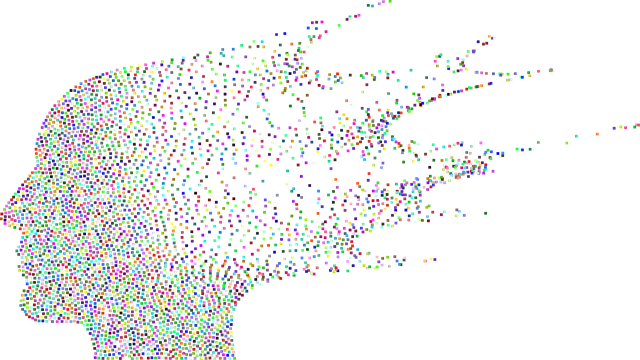Boulder Bilingual Therapy employs diverse data collection methods—surveys, clinical assessments, digital apps—to gather raw mental health data, meticulously preparing it for analysis. Advanced statistical tools and cultural sensitivity enable therapists to uncover trends, disparities, and patient-specific needs, guiding personalized treatments focused on emotional intelligence, resilience, and confidence. This holistic, language-aware approach enhances crisis intervention and overall well-being, leveraging evidence-based practices tailored to Boulder Bilingual Therapy's multicultural society.
Mental health data analysis is a powerful tool for understanding and improving client outcomes, especially at progressive practices like Boulder Bilingual Therapy. This article explores the process of analyzing and interpreting mental health data, from collection and preparation to advanced techniques that offer valuable insights. We delve into specific methods applied by therapists at Boulder Bilingual Therapy, demonstrating how data-driven decisions enhance therapy effectiveness and personalize client care.
- Understanding Mental Health Data: Collection and Preparation
- Techniques for Effective Analysis of Mental Health Data
- Interpreting Results: Implications for Therapy and Client Care at Boulder Bilingual Therapy
Understanding Mental Health Data: Collection and Preparation

Understanding Mental Health Data is a multifaceted process crucial for gaining insights into individual and societal well-being. The journey begins with data collection, where various methods such as surveys, clinical assessments, and digital health apps contribute valuable information. At Boulder Bilingual Therapy, we recognize that diverse data sources are essential to capturing the complexity of mental health experiences. Once collected, raw data requires meticulous preparation to ensure accuracy and consistency. This step involves cleaning the data, handling missing values, and transforming it into a structured format suitable for analysis.
By carefully navigating these initial stages, researchers and therapists can uncover meaningful patterns. For instance, analyzing trends in Mental Health Awareness among different demographics or evaluating the effectiveness of Empathy Building Strategies through consistent data collection and preparation. This foundational work paves the way for deeper interpretations, ultimately leading to evidence-based practices that foster better mental health support.
Techniques for Effective Analysis of Mental Health Data

In the realm of mental health data analysis, a multifaceted approach is essential to unearthing meaningful insights and personalizing treatment strategies. Boulder Bilingual Therapy underscores the significance of employing sophisticated techniques that go beyond traditional methods. By integrating advanced statistical tools, such as machine learning algorithms, researchers can identify intricate patterns within vast datasets, enabling a more nuanced understanding of mental health trends and disparities.
Cultural sensitivity in mental healthcare practice plays a pivotal role in this process. Effective analysis considers not just individual symptoms but also the influence of cultural background, ensuring that Stress Reduction Methods and Communication Strategies are tailored to diverse populations. This holistic perspective fosters better patient engagement and outcomes, aligning with the evolving needs of a multicultural society.
Interpreting Results: Implications for Therapy and Client Care at Boulder Bilingual Therapy

At Boulder Bilingual Therapy, interpreting mental health data requires a nuanced approach, especially when considering cultural perspectives and language barriers. The results from comprehensive assessments can offer valuable insights into clients’ psychological well-being. For instance, identifying areas of emotional distress or strengths in coping mechanisms provides therapists with a roadmap for personalized treatment plans. These plans might include strategies to enhance emotional intelligence, build resilience, and provide confidence boosting techniques tailored to each individual’s unique needs.
Furthermore, the data analysis enables therapists to offer more targeted crisis intervention guidance. By understanding the patterns and trends within the client’s mental health journey, Boulder Bilingual Therapy professionals can proactively address potential triggers or escalating issues. This proactive care ensures that clients receive timely support, fostering a safe and supportive environment for their overall well-being.
Mental health data analysis is a powerful tool that, when applied correctly, can significantly enhance therapeutic outcomes. As seen through the successful practices at Boulder Bilingual Therapy, interpreting mental health data allows for tailored and effective client care. By employing advanced techniques and a deep understanding of data collection, professionals like those at Boulder Bilingual Therapy can identify trends, personalize treatment plans, and ultimately improve patient well-being. This article has explored these processes, highlighting the importance of thorough analysis in the field of mental health.








